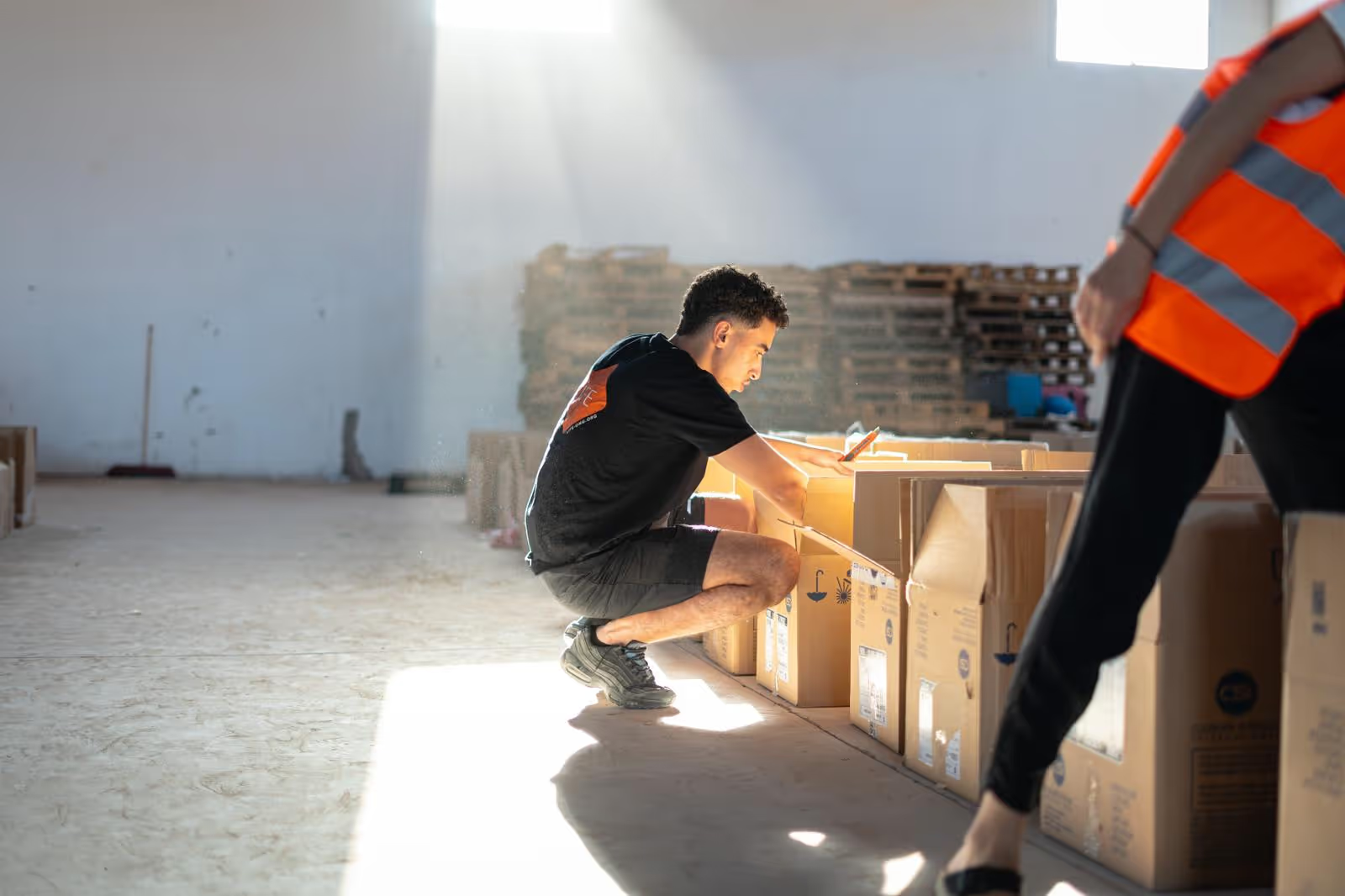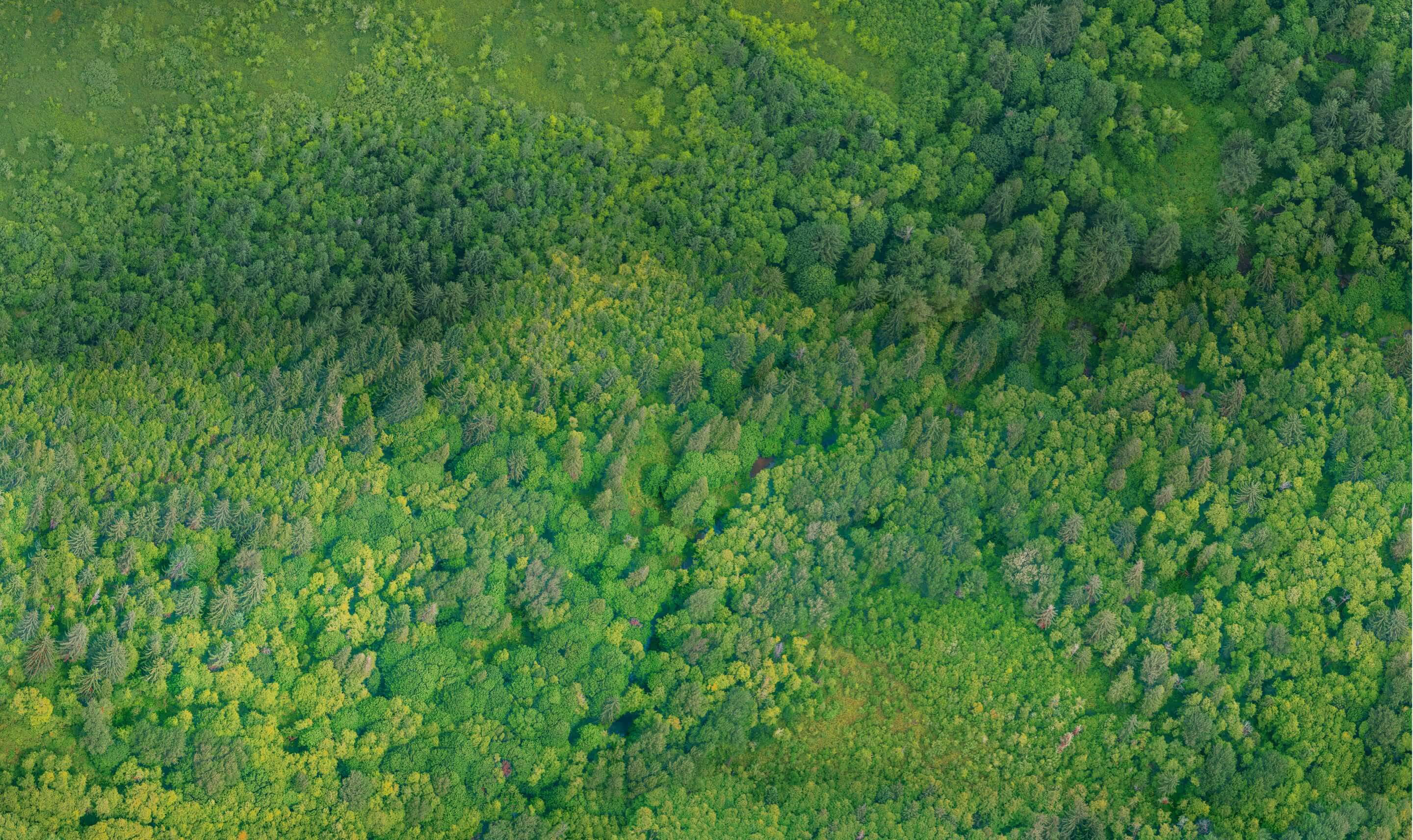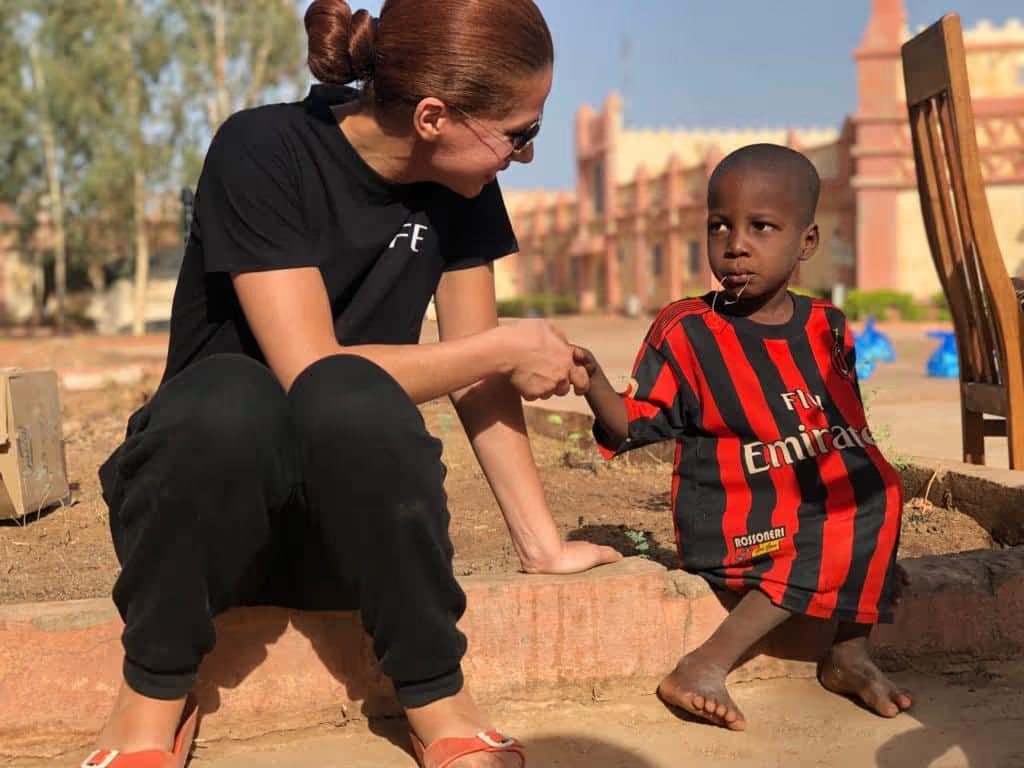Madagascar: crises, challenges and humanitarian aid
.avif)
Située dans l’océan Indien, au large des côtes sud de l’Afrique, Madagascar, la quatrième plus grande île du monde, est confrontée à une multitude de crises qui impactent sévèrement son développement socio-économique. Entre instabilité politique, pauvreté endémique, urgence environnementale et catastrophes naturelles, le pays lutte pour surmonter des défis complexes qui touchent chaque aspect de la vie quotidienne de ses habitants. Mais chacun de ces défis est une opportunité d’action et de progrès.
Quelques mots d’histoire et de politique
Depuis son accession à l’indépendance en 1960, Madagascar a été secouée par des périodes d’instabilité politique et des coups d’État. Les transitions démocratiques ont souvent été tumultueuses, avec des élections marquées par de l’opposition et des suspicions de fraude. Par exemple, la crise politique de 2009, qui a conduit au renversement du président Marc Ravalomanana, a exacerbé les tensions sociales et économiques dans le pays. Les conséquences de ces périodes d’instabilité se font sentir jusqu’à nos jours, avec des répercussions sur la gouvernance, l’économie et la cohésion sociale de l'île.
La pauvreté et les inégalités sociales à Madagascar
Selon une étude de la Banque Mondiale, environ trois quarts de la population malgache vit en dessous du seuil de pauvreté. Le taux de pauvreté nationale est à plus de 75 % de la population soit 79,9 % dans les zones rurales et 55,5 % dans les zones urbaines. La pauvreté rurale a légèrement baissé, mais celle des villes (notamment des villes secondaires) a particulièrement augmenté.
La réduction des opportunités économiques, l’insuffisance des projets d’investissements dans l’éducation, la santé et les infrastructures urbaines en sont principalement à l’origine. La pandémie de COVID-19 et une série de cyclones frappant le pays ont renforcé cette pauvreté, en provoquant des pertes d’emplois et une diminution des revenus des ménages urbains. Par ailleurs, la migration des zones rurales vers les zones urbaines amplifie le problème.
Ces chiffres soulignent la nécessité de mettre en place des mesures pour modifier cette dynamique et améliorer les conditions de vie des populations malgaches dans le besoin.
Les défis de l’éducation à Madagascar
À Madagascar, le chemin vers une éducation de qualité est semé d’embûches, et tout particulièrement pour les populations rurales.
Selon un rapport de l’UNICEF, très peu d’enfants de 3 à 5 ans vont à l’école maternelle, surtout dans le sud où seulement un cinquième y accède.
Les élèves de ces régions et les familles pauvres ont des taux d’achèvement scolaire, de redoublement et d’abandon plus élevés. Les raisons à cela sont multiples : la pauvreté les oblige à choisir entre l’éducation et la survie, les mariages précoces privent les filles de leur droit à l’éducation, le travail des enfants détourne des milliers d’entre eux des bancs de l’école.

Et si la porte de l’enseignement secondaire s’ouvre, c’est pour une minorité seulement. Avec un taux net de scolarisation avoisinant les 23 %, Madagascar fait face à un défi majeur pour offrir à sa jeunesse une éducation au-delà du primaire. Les obstacles sont multiples : des frais de scolarité inabordables pour de nombreuses familles, un manque criant d’infrastructures éducatives dans les zones reculées et une distance souvent insurmontable entre le domicile et l’école.
Mais l’éducation, ce n’est pas seulement une question d’accès, c’est aussi une question de qualité. La pénurie d’enseignants qualifiés, les salaires dérisoires qui peinent à retenir les talents, les ressources pédagogiques limitées et des conditions d’apprentissage souvent précaires sont autant de freins à une éducation de qualité pour tous.
Derrière ces chiffres se cache également l’ombre de l’analphabétisme, qui touche près d’un tiers de la population adulte, selon les données de la Banque mondiale. Un fléau qui perpétue le cycle de la pauvreté et de l’exclusion sociale, privant de nombreuses personnes des opportunités qu’offre une éducation de base solide.
Une biodiversité malgache exceptionnelle en péril
Une biodiversité inégalable
Madagascar est une des plus grandes îles du monde. Son isolement géographique et sa diversité climatique ont engendré une biodiversité exceptionnelle. Parmi ses trésors naturels, on compte 294 espèces d’oiseaux, dont 107 endémiques, et 247 espèces d’amphibiens, dont 245 endémiques. Le pays est également réputé pour ses forêts tropicales, ses majestueux baobabs (7 espèces y sont présentes contre seulement 1 en Afrique) et ses lémuriens fascinants.
Déforestation et changement climatique
Aujourd’hui, seulement 10 % des forêts malgaches originelles subsistent. La majorité des riches forêts tropicales de l’Est et du nord-ouest de l’île a disparu, entraînant une réduction significative des zones forestières dépendantes de ces écosystèmes. Les mangroves y sont également menacées. Cette déforestation massive, principalement due à l’exploitation forestière illégale, à la conversion des terres en zones agricoles, mais aussi à la pratique de l’agriculture sur brulis, et aux activités industrielles (minières, pétrolières, gazière) a des conséquences désastreuses sur les écosystèmes de l’île. Elle entraîne la perte de biodiversité, la dégradation des sols et la diminution des ressources en eau, menaçant ainsi la subsistance des populations locales.
Le saviez-vous ? Une grande partie des côtes malgaches le long du canal du Mozambique, abritant des aires protégées, des forêts de mangroves et des récifs coralliens, a été louée pour la prospection pétrolière.
De plus, à Madagascar et dans toute l’Afrique, le changement climatique aggrave ces problèmes. Il augmente la fréquence et l’intensité des phénomènes météorologiques extrêmes, tels que les cyclones tropicaux, les inondations et les sècheresses.
Pour illustration, en 2021, Madagascar a subi sa pire sècheresse en 40 ans, avec des tempêtes de sable recouvrant les terres agricoles. Cette situation a poussé les personnes à chercher refuge dans les villes, tandis que d’autres ont envahi les zones forestières, empiétant sur les réserves naturelles et brûlant les forêts. Au début de 2022, Madagascar a également été frappé pour la première fois par six tempêtes et cyclones en l’espace de trois mois.
Ces évènements climatiques ont des conséquences dévastatrices sur l’agriculture, en détruisant les cultures, en endommageant les infrastructures agricoles et en réduisant la disponibilité des ressources en eau.
.avif)
Notre ONG LIFE met en œuvre des projets intégrés qui permettent à des communautés villageoises de retrouver de l’espoir. Dans les régions d’Analamanga, d’Itasy et de Vakinakaratra, nous accompagnons 200 familles dans une opération de plantations d’arbres fruitiers dont ils seront propriétaires et gestionnaires. Les terrains utilisés leur appartiennent, mais sont inexploités. Ces arbres vont contribuer à rehausser leur niveau de vie, à rétablir l’écosystème, et à éviter les feux de brousse dans le village. Avec ses partenaires locaux, nos équipes veillent à sensibiliser la population sur l’importance de la préservation de leur environnement. Des réunions d’informations et de formations sur la plantation des arbres et la pépinière leur sont proposées. Par ailleurs, en attendant la production des arbres plantés, la diversification des activités est motivée à travers le développement de l’élevage des volailles.

Inauguré en 2023, ce projet a déjà fait écho dans les villages alentour et de plus en plus de familles désirent y adhérer.
La sécurité alimentaire à Madagascar
La combinaison de la déforestation, du changement climatique et des catastrophes naturelles met en péril la sécurité alimentaire de la population malgache. Les agriculteurs voient leurs récoltes détruites par les intempéries, les sols appauvris par l’érosion et les ressources en eau de plus en plus rares. En conséquence, de nombreuses communautés rurales sont confrontées à une insécurité alimentaire chronique, avec un accès limité à une alimentation adéquate et nutritive. Les enfants sont particulièrement vulnérables, souffrant de malnutrition et de retards de croissance qui compromettent leur développement physique et cognitif.
Le saviez-vous ? Le Programme alimentaire mondial a averti que Madagascar pourrait devenir le premier pays à subir une famine causée par le changement climatique.
Par ailleurs, l’accès à l’eau potable est également compliqué. Selon l’UNICEF, 1 enfant sur 2 n’y a pas accès et la moitié des enfants de moins de 5 ans accuse un retard de croissance dû à une maladie liée à l’eau.

Notre ONG LIFE intervient régulièrement à Madagascar pour distribuer des colis alimentaires, notamment dans le sud du pays très touché par la sécheresse. Les distributions se font en situation d’urgence ou tout au long de l’année.
La réponse de l’aide humanitaire aux défis malgaches
Face à ces défis, l’aide humanitaire joue un rôle crucial dans la mise à disposition d’une assistance d’urgence aux populations malgaches dans le besoin. Les organisations internationales, les agences gouvernementales et les ONG travaillent ensemble pour fournir des secours alimentaires, des soins médicaux d’urgence, un abri temporaire et d’autres formes de soutien aux victimes des crises. Cependant, l’acheminement de l’aide humanitaire à Madagascar est confronté à plusieurs défis logistiques et opérationnels. La géographie insulaire de l’île et ses infrastructures limitées rendent souvent difficile l’accès aux zones touchées. De plus, la coordination entre les acteurs humanitaires et les autorités locales peut être entravée par des obstacles politiques et bureaucratiques.
Les perspectives pour Madagascar
Malgré ces défis, Madagascar possède un potentiel de développement considérable. Le pays dispose de ressources naturelles riches, d’une biodiversité exceptionnelle et d’un secteur agricole diversifié. Des initiatives de développement durable, telles que la promotion de l’agroécologie, la conservation des forêts et le développement du tourisme durable, offrent des opportunités pour un avenir plus stable et prospère. Cependant, pour réaliser ce potentiel, Madagascar a besoin d’un soutien continu de la communauté internationale. Des projets d’investissements dans l’éducation, la santé, les infrastructures et la gouvernance sont essentiels pour modifier la dynamique et renforcer la résilience du pays face aux crises actuelles et futures.
Madagascar est confrontée à des défis majeurs qui exigent une réponse collective et coordonnée. L’aide humanitaire y occupe une place cruciale, mais des efforts à long terme sont également nécessaires pour modifier le destin des Malgaches et construire un avenir durable et inclusif pour tous. La communauté internationale a un rôle important à jouer dans le soutien au développement de Madagascar, afin d’aider le pays à surmonter ses défis et à réaliser son potentiel.
Together, let's multiply humanitarian projects to build a better future for the Malagasy people!



.avif)



.avif)
.webp)